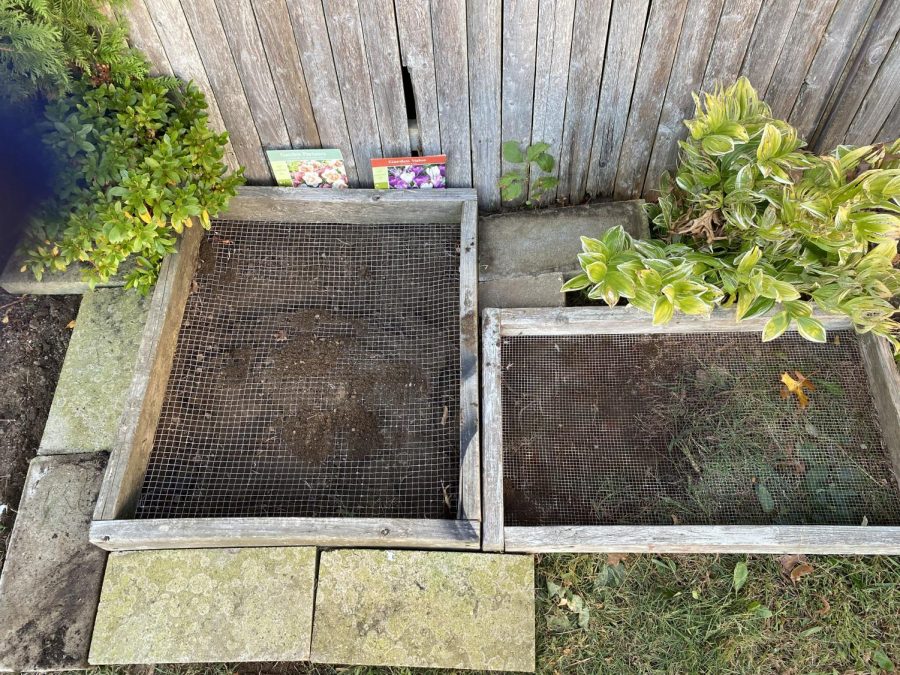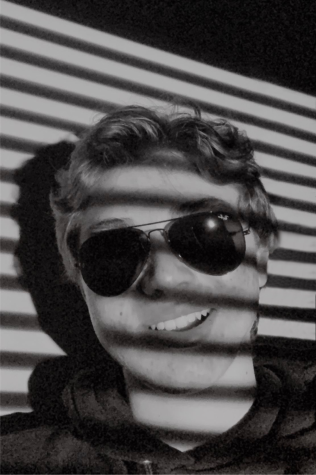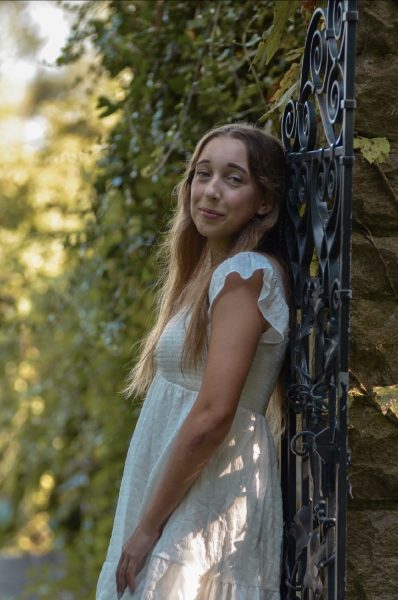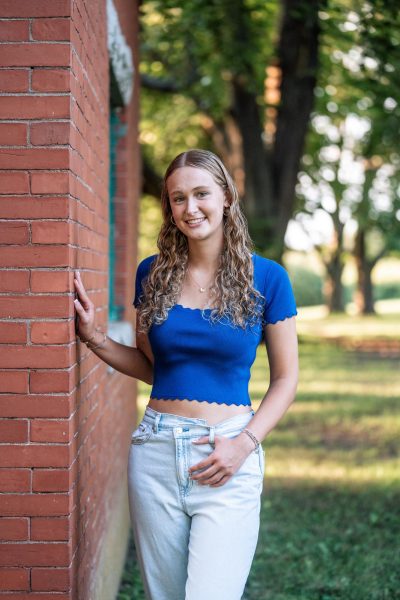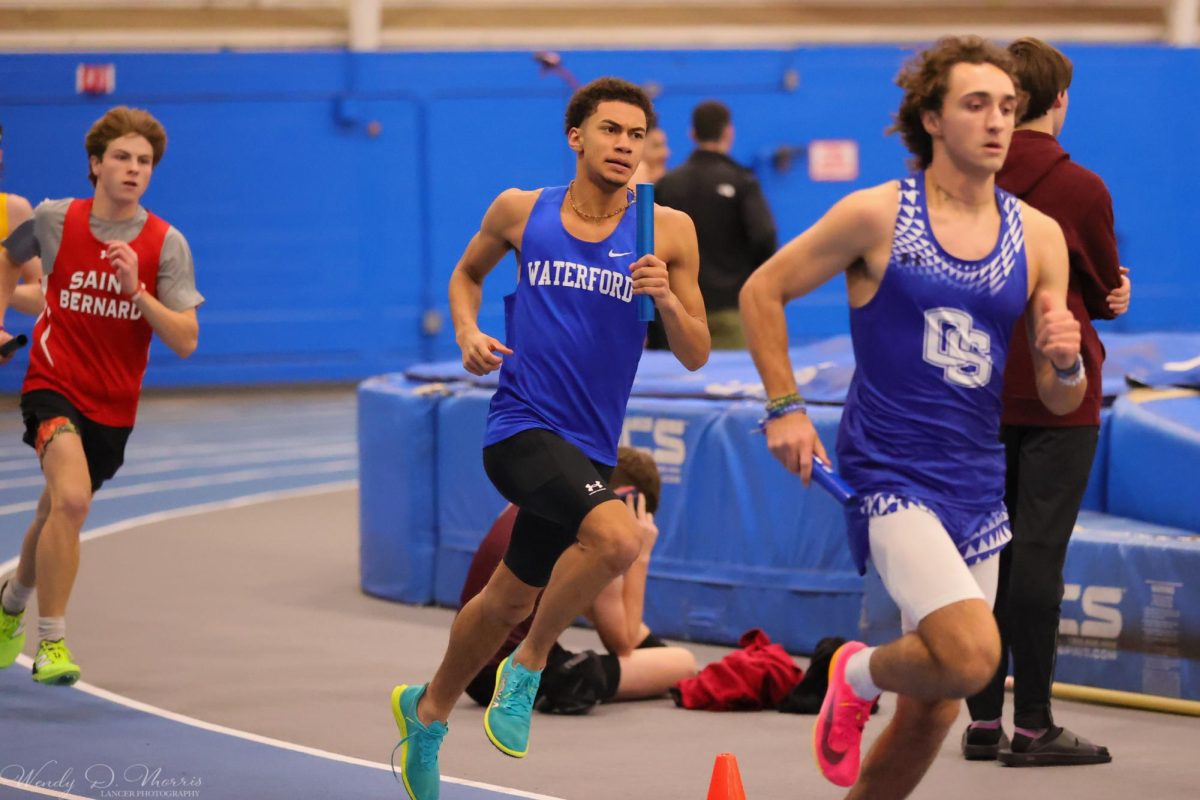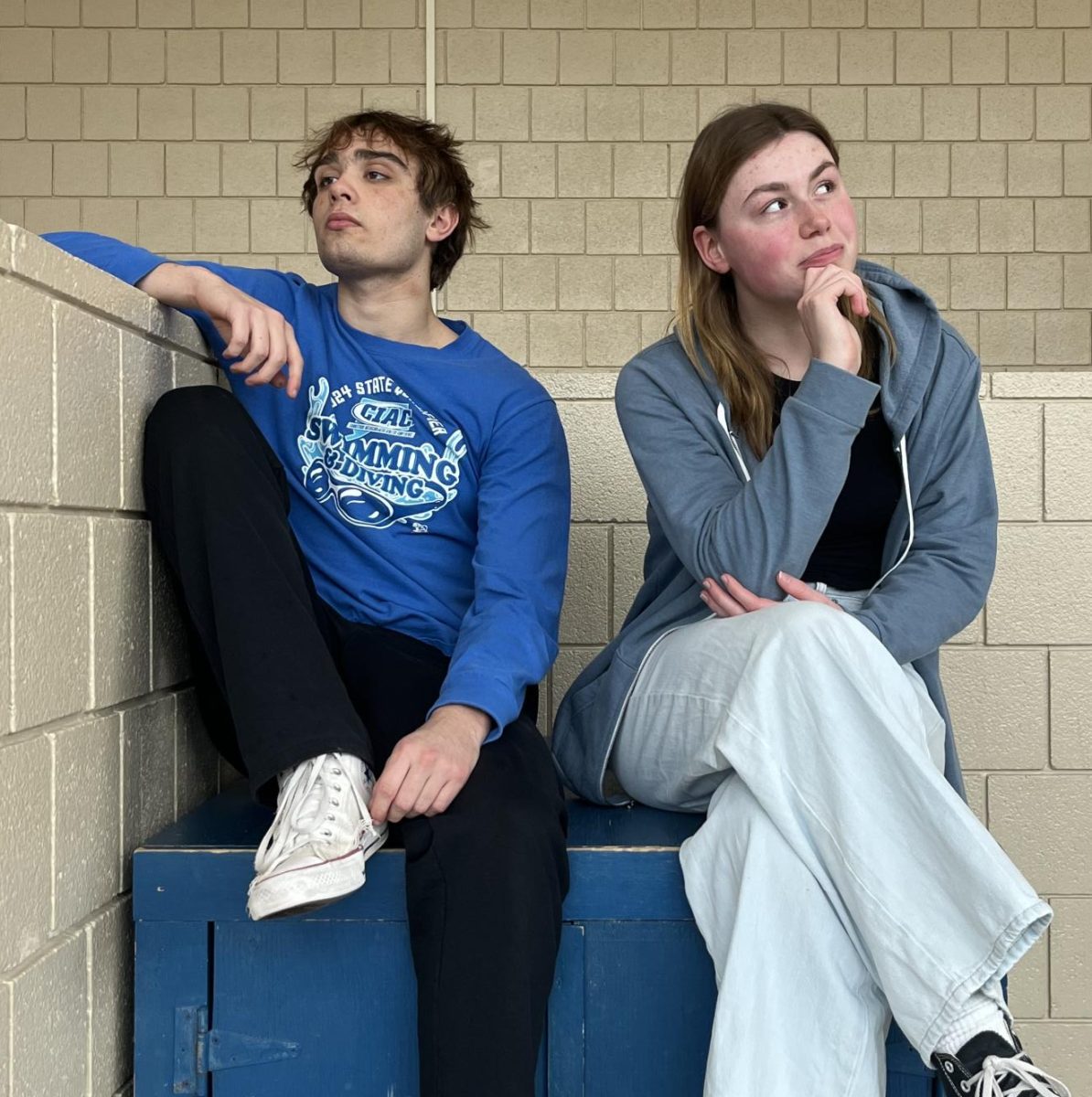The Capstone Program: Is it Really the Vision of the Graduate?
October 21, 2021
The addition of the Capstone Program to the WHS graduation requirements has sparked much controversy among the student body. Despite the project having begun just over a month ago, a large amount of confusion and uncertainty surrounds the students currently working on their projects.
The Capstone Seminar is a one semester course that all juniors are required to take. In this class students will be matched with a member of faculty to facilitate research on the projects. The Capstone Project is a personal interest project that students will develop through the seminar course. Students can apply up to 40 hours of independent community service work on their Capstone Project to fulfill the LTS requirement. The project culminates in an Exhibition of the final project, which faculty members will grade on a Pass/Not Complete scale. All successful Capstone Projects must be tied to the Graduate’s Vision. Students will have an opportunity to complete their project independently, if the seminar ends before project completion, however this requires teacher recommendation. Otherwise, students will be enrolled in the Capstone Completion course, which gives students more dedicated class time to work on their project with a faculty mentor. The time students spend working on their capstone project, ties into many different aspects of the WHS Vision of the Graduate. With the Capstone Program having a specific focus on research/understanding and self-direction, the aim is to have a well rounded graduating class.
Some students who have already begun the Capstone Seminar have voiced their opinions on the project. Julia, a junior at WHS, said the course was filled with a lot of self exploration and busy work, she would rather just have the class time to begin on her project. Emma Grimsey had similar criticism, disliking that most of the work was done from home, despite having the Capstone Seminar every other day.
Questions about the program remain. Students have not been informed on how their final projects will be evaluated or what the presentation will look like.
Despite the student’s reservations about the project, their imagination has not been stifled in any way. Julia is using her passion for music to write a song and possibly start a podcast on different genres of music. Emma will be working on an oil painting, a new medium for her. Pankhudi Prasad is writing a play on the societal issues humanity is facing as of today. Finally, Liz Blain plans on shadowing a gym teacher at one of the local elementary schools, not just to help out, but to possibly explore a career in that field.
While many students are uncertain of their “Vision of the Graduate,” they are being offered a space to creatively explore their passions and interests to aid them in discovering possibilities for post-secondary education and lifelong careers


